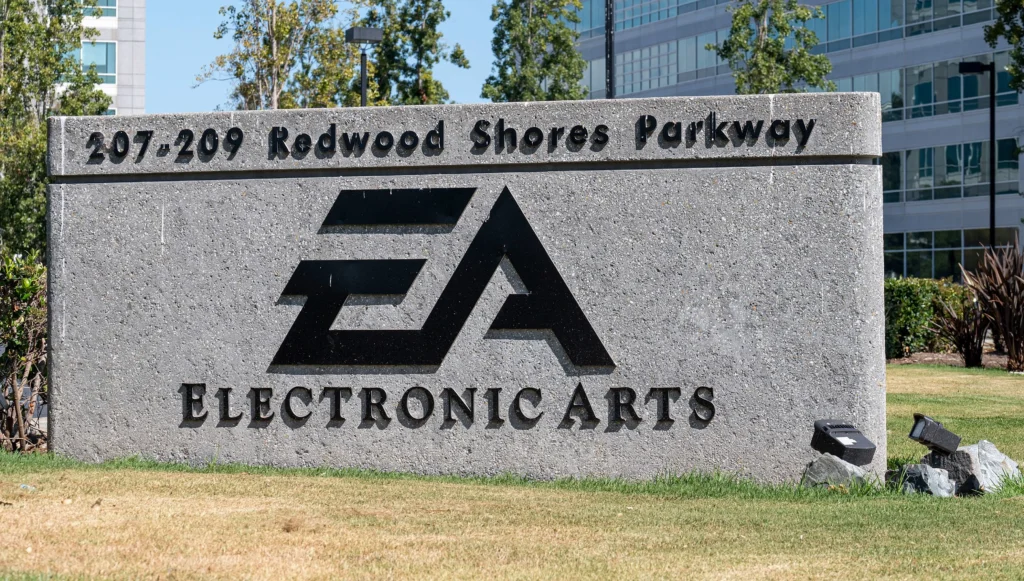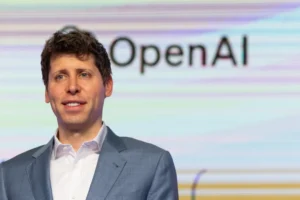In what’s being called the largest leveraged buyout ever, video game publisher Electronic Arts (EA) has agreed to be taken private by a consortium led by Saudi Arabia’s Public Investment Fund (PIF), Silver Lake, and Jared Kushner’s investment firm, Affinity Partners. EA shareholders will receive $210 per share, valuing the dealexcluding debt at $52.5 billion, and roughly $55 billion including debt.
Deal Structure & Terms
Agreement was unanimously approved by EA’s Board, pending regulatory and shareholder clearance. Under the terms, PIF will roll over its existing 9.9% stake into the new ownership. Shareholders will receive a 25% premium over the “unaffected” EA stock price of $168.32 (as of Sept 25).The financing includes about $36 billion in equity from the consortium and $20 billion of debt provided by JPMorgan. ($18 billion is expected to fund the deal at closing.)
What This Means for EA & Its Future
Upon closing (expected in fiscal Q1 2027), EA will delist from public markets, but its headquarters in Redwood City, California, and CEO Andrew Wilson will remain.The consortium argues this move gives EA agility to invest longer-term in gaming, eschew quarterly pressure, and better integrate digital + physical entertainment experiences.
Why Saudi Arabia & Kushner Are Investing Big
For Saudi Arabia, this is another bold play in gaming and entertainment areas central to its Vision 2030 economic diversification agenda. PIF’s involvement via its gaming arm Savvy Games Group shows continuity in its push into global gaming investments. For Kushner and Affinity Partners, this high-profile deal deepens ties with the Kingdom and signals ambition in strategic, globally visible asset plays. Affinity already depends heavily on Saudi funding.
Potential Headwinds & Risks
- Regulatory scrutiny: The deal’s size and cross-border nature will draw attention from U.S., EU, and antitrust regulators.
- Debt burden: The $20 billion of debt raises the stakes EA will need stable cash flows to service it.
- Perception & trust: Gamers and critics may balk at perceived influence from a sovereign fund and political figure.
- Execution risk: Integrating strategic shifts in game roadmap, monetization, and innovation is complex without destabilizing studios.
What to Watch Next
- Regulatory approvals in U.S., EU, and other jurisdictions.
- How EA’s roadmap changes project cancellations, new IP, shift in monetization.
- Reactions from game communities and developers regarding independence and creative freedom.
- Debt servicing capacity and whether EA’s profits hold under new private structure.
- Strategic partnerships or further consolidation in the gaming space following this transaction.
Verdict
This is a watershed moment for the gaming industry. EA is no longer just another publisher it’s now a stage example of geopolitical capital entering creative media. If this deal is pulled off well, it could unleash fresh investment and scale. But the risks are enormous: debt strain, creative backlash, regulatory obstacles, and the optics of foreign state involvement in entertainment. For now, I see it as a bold, high-risk bet: success could reshape who owns gaming culture; failure could sour trust for years.




